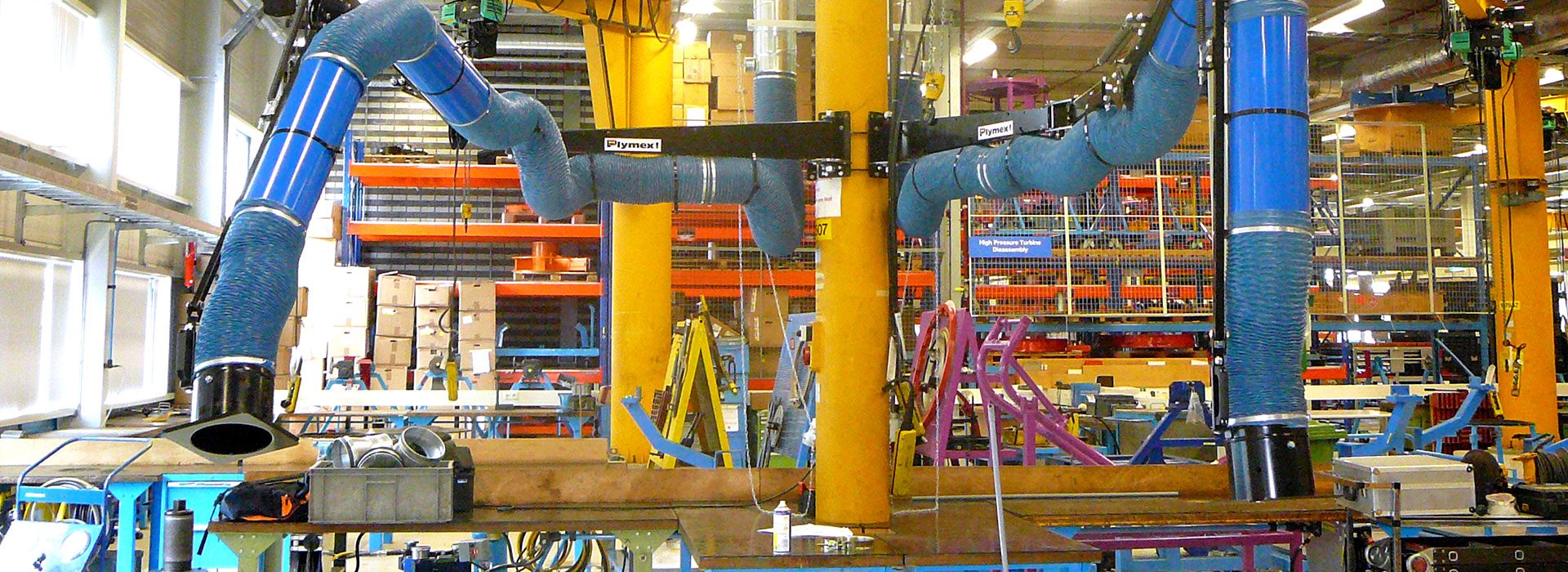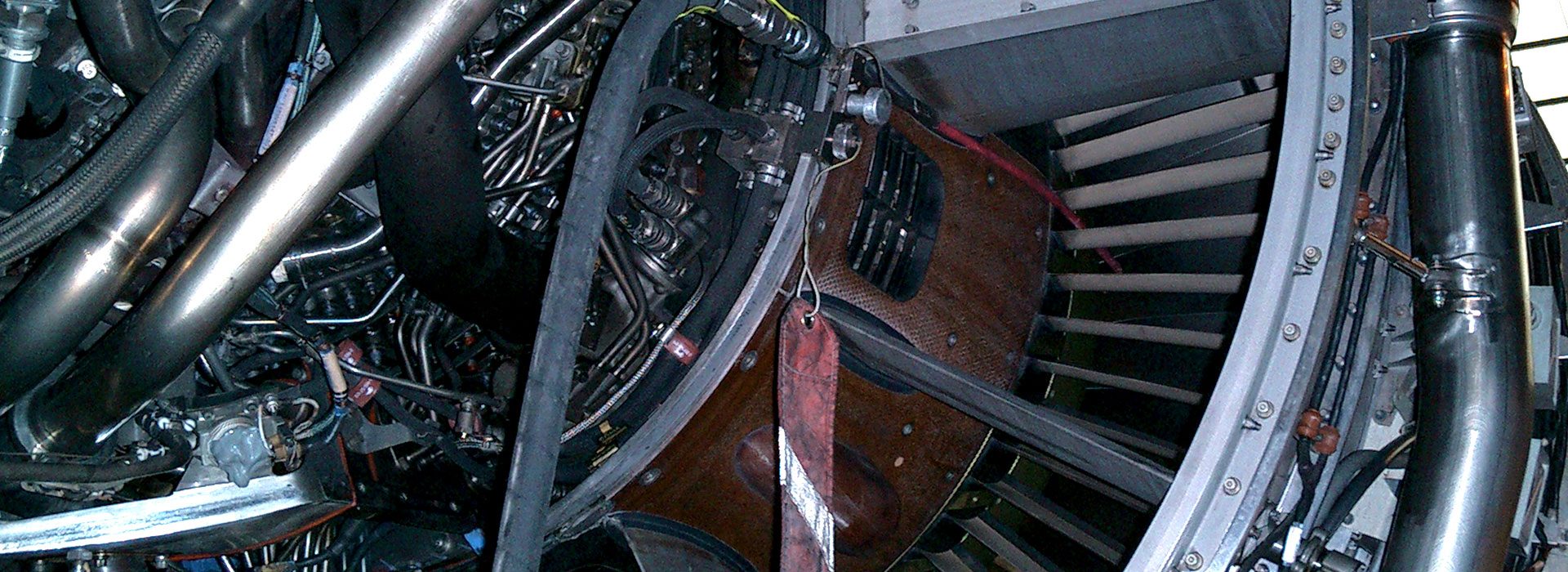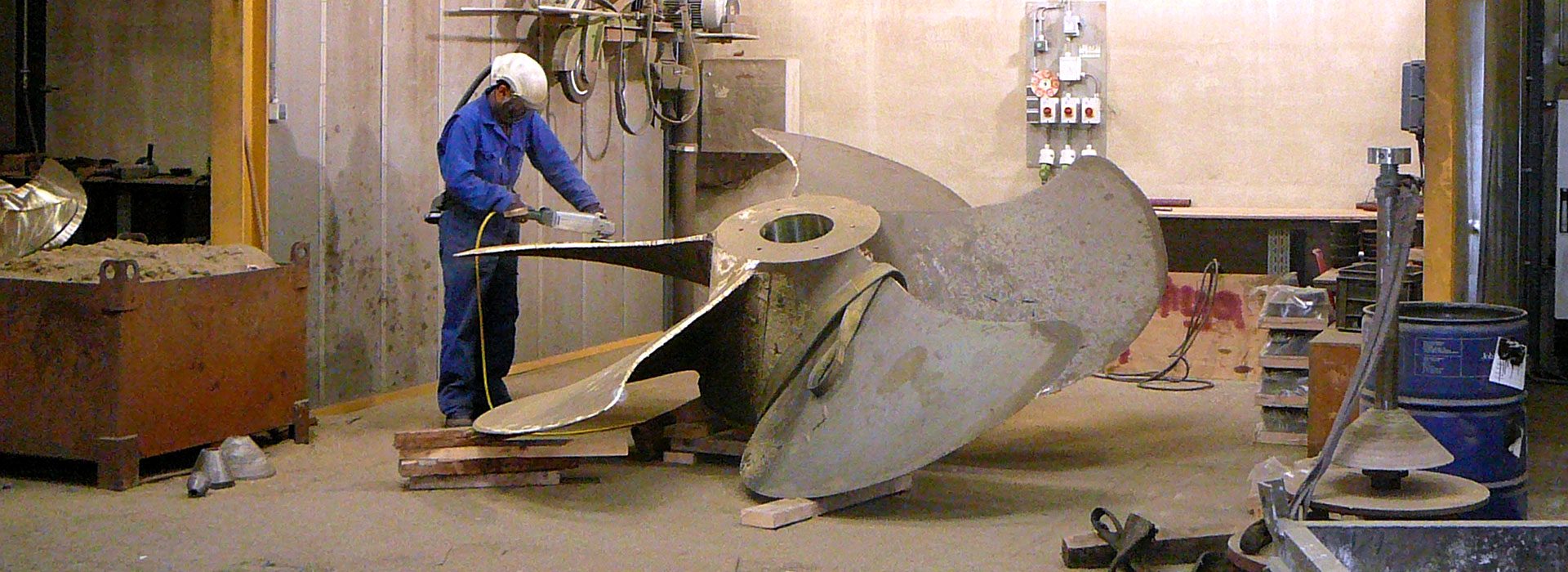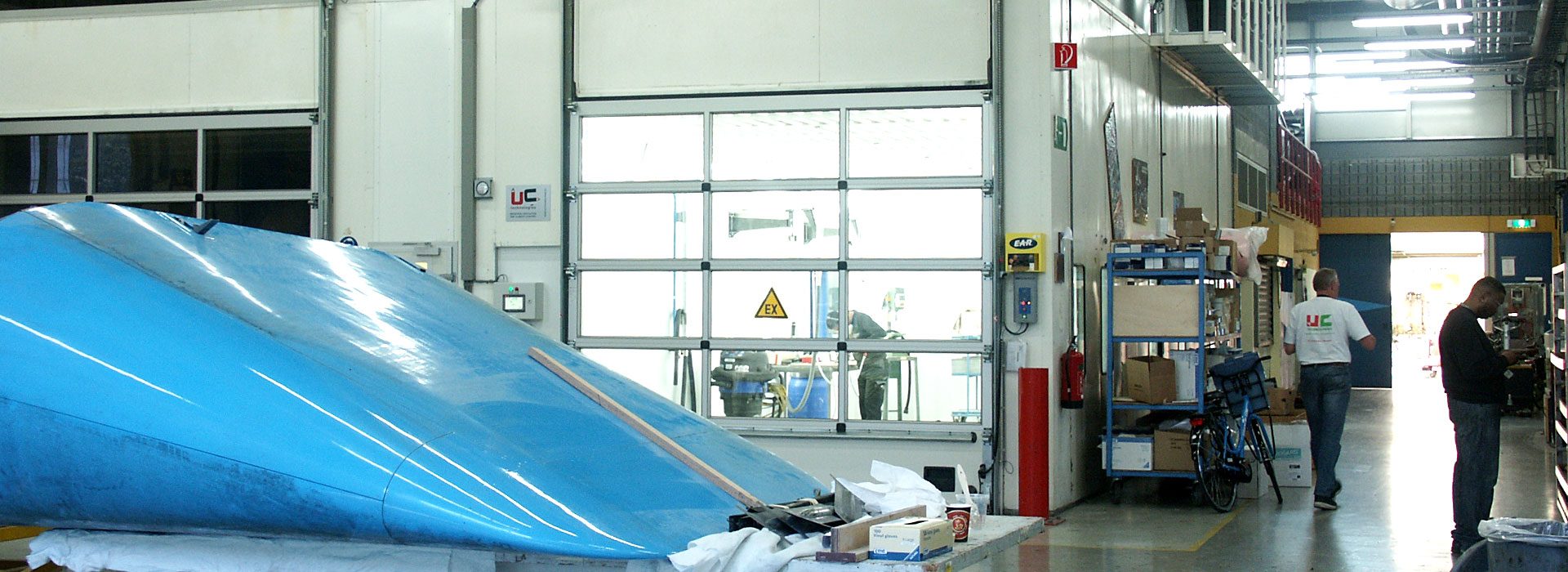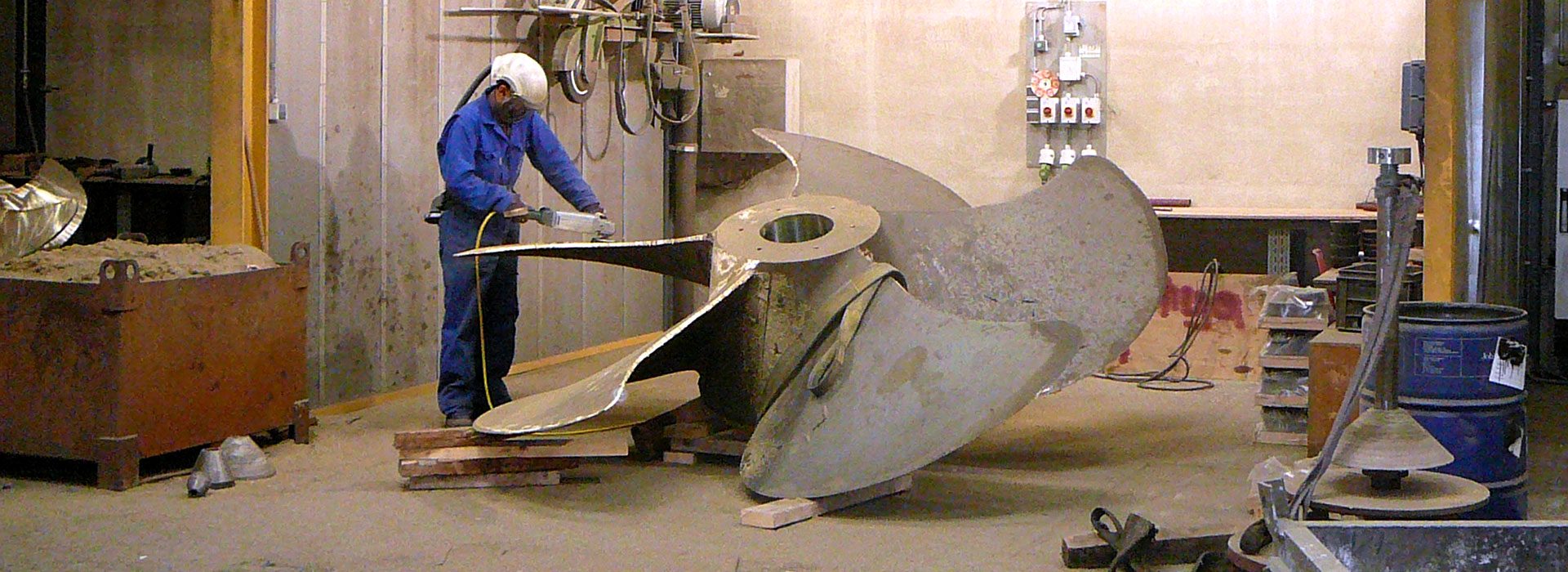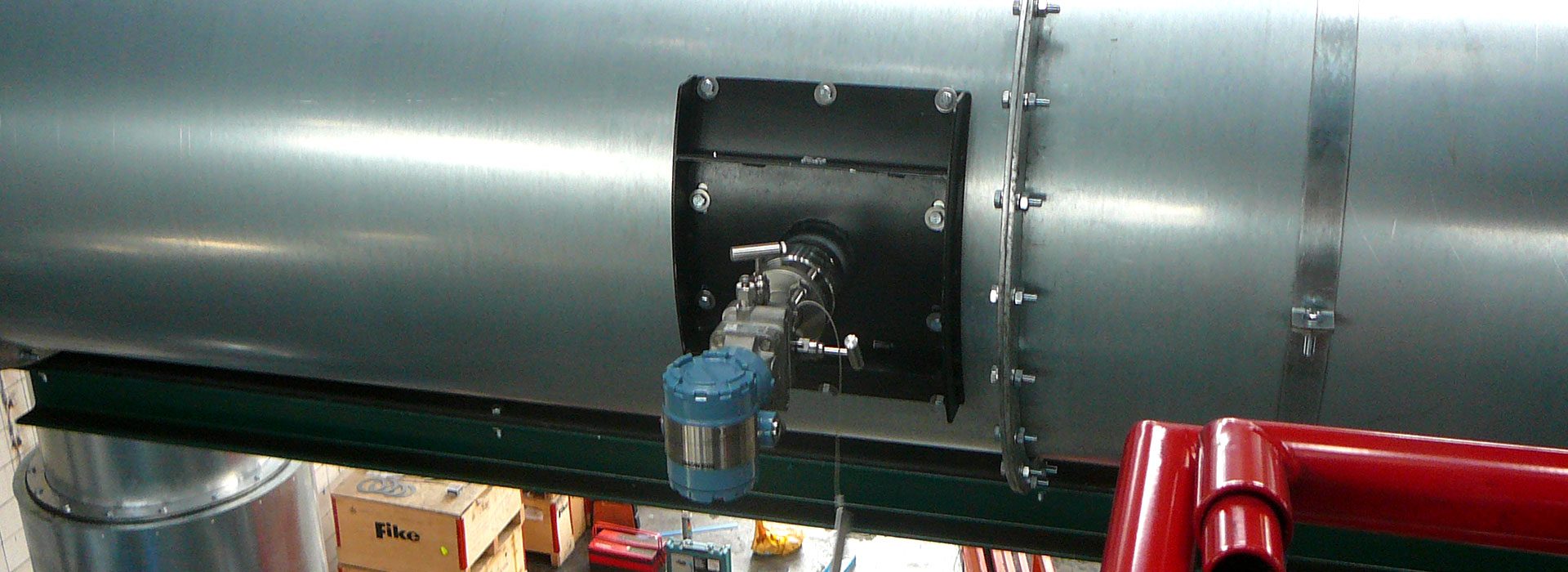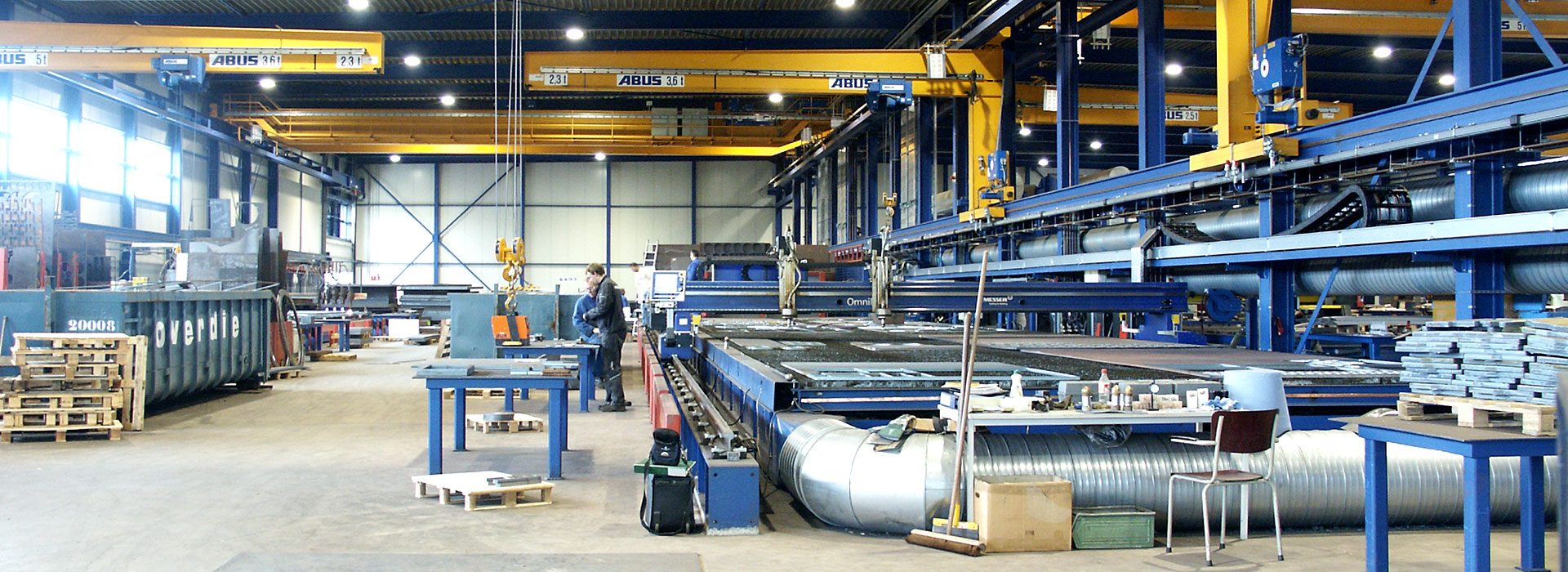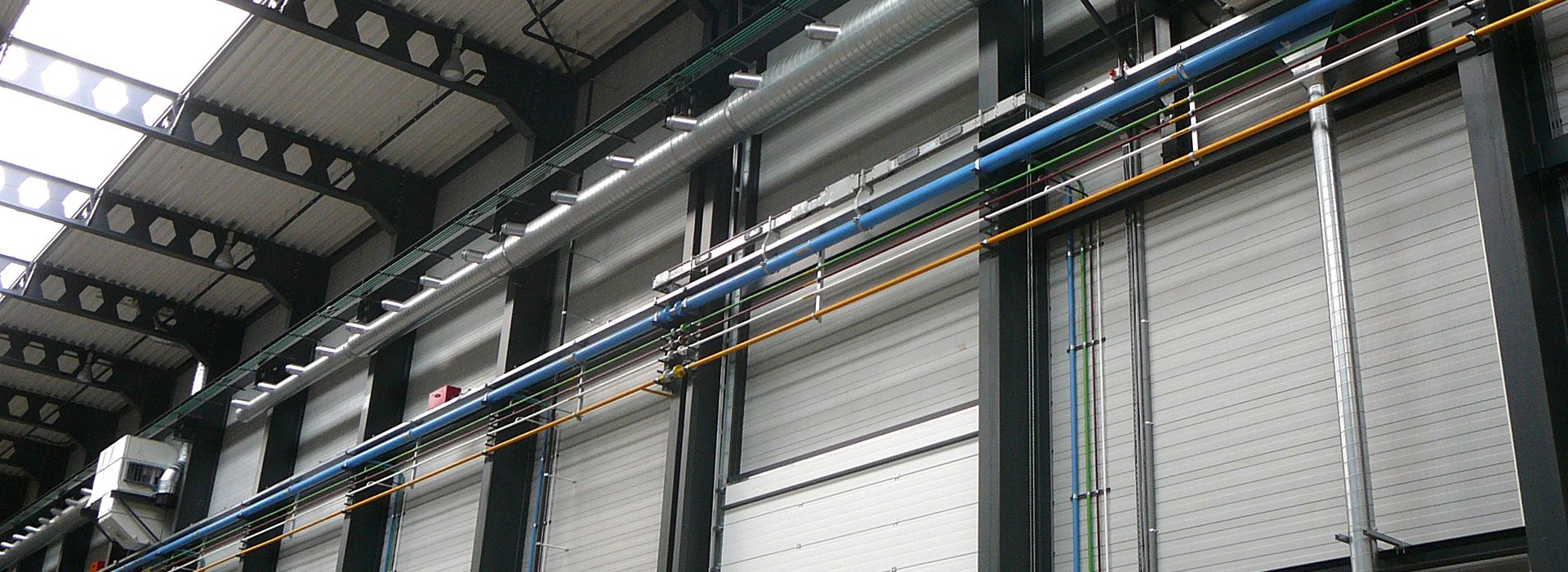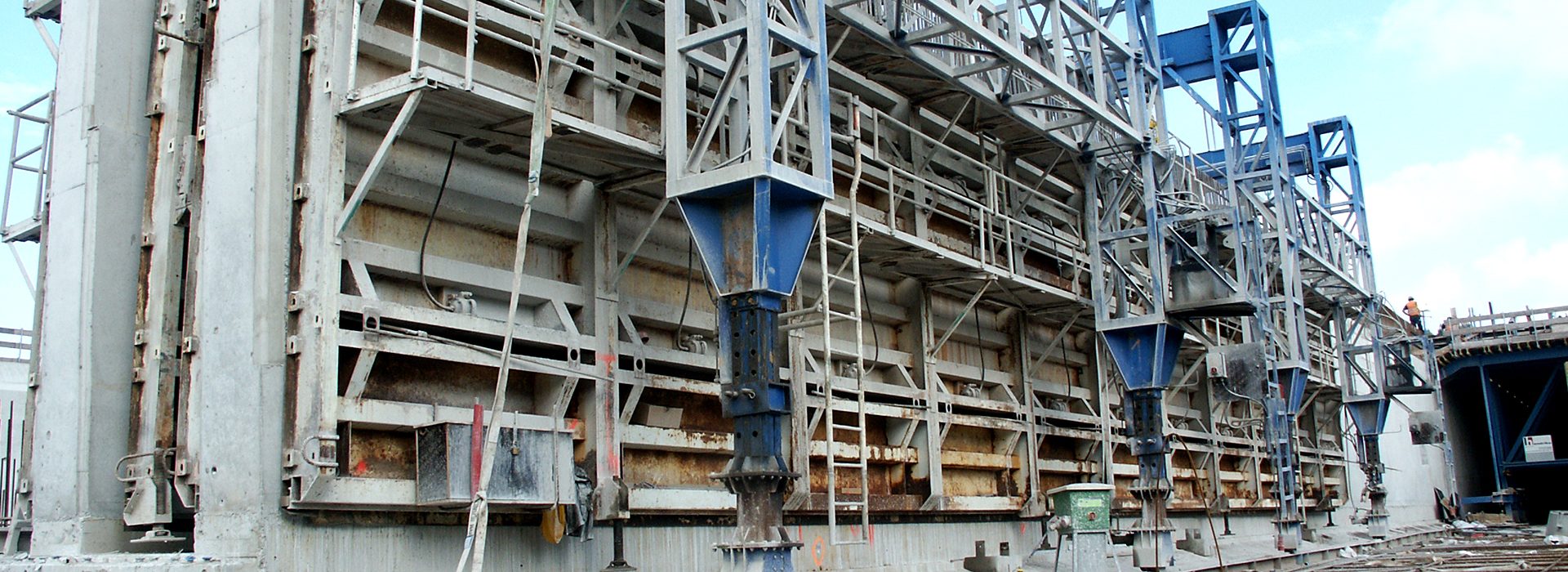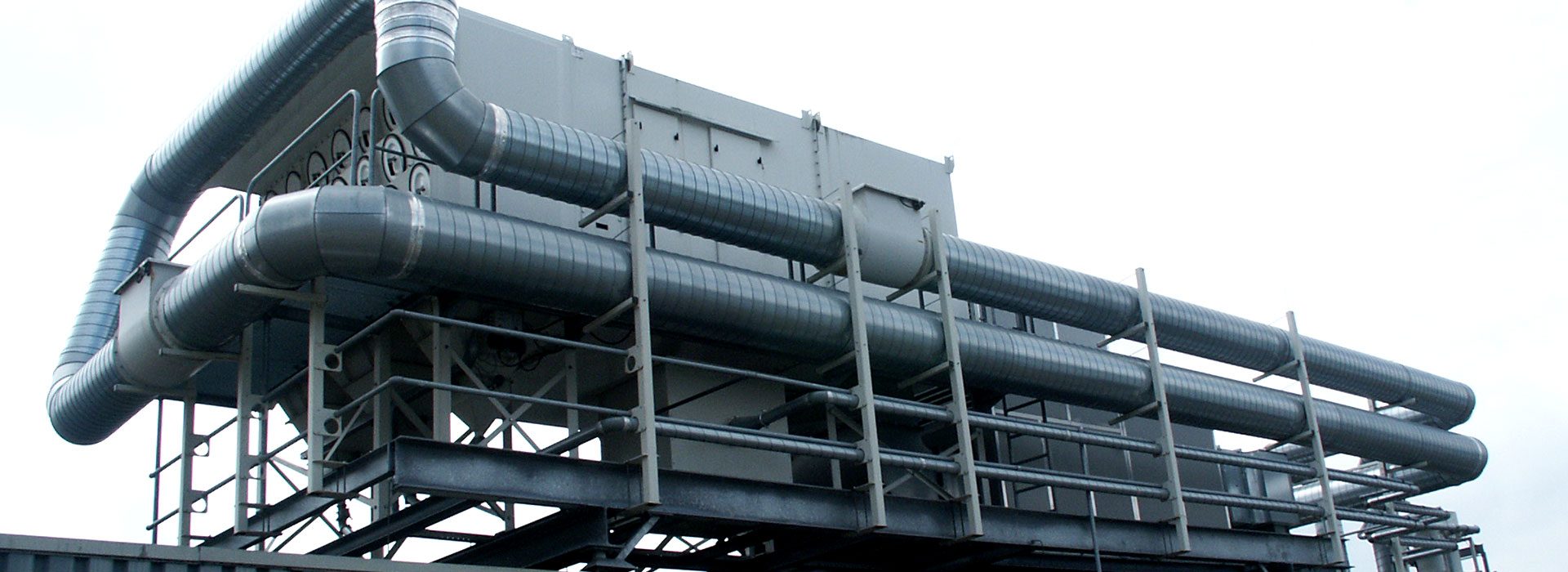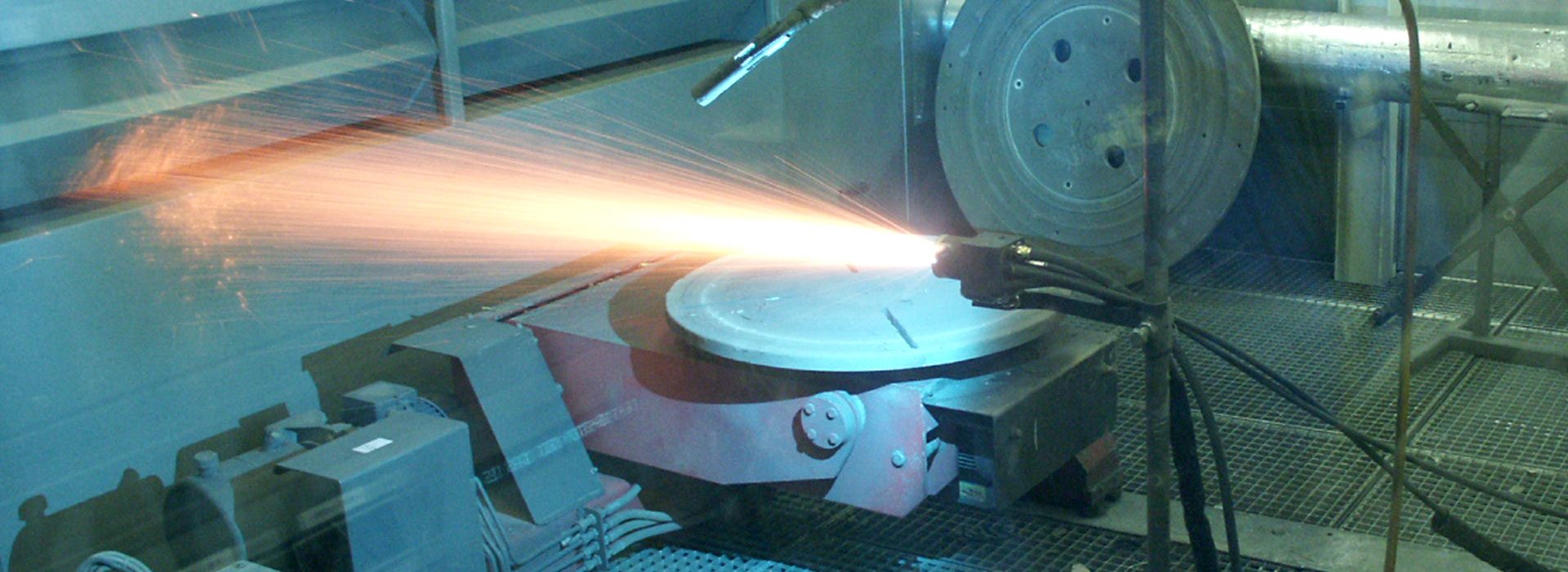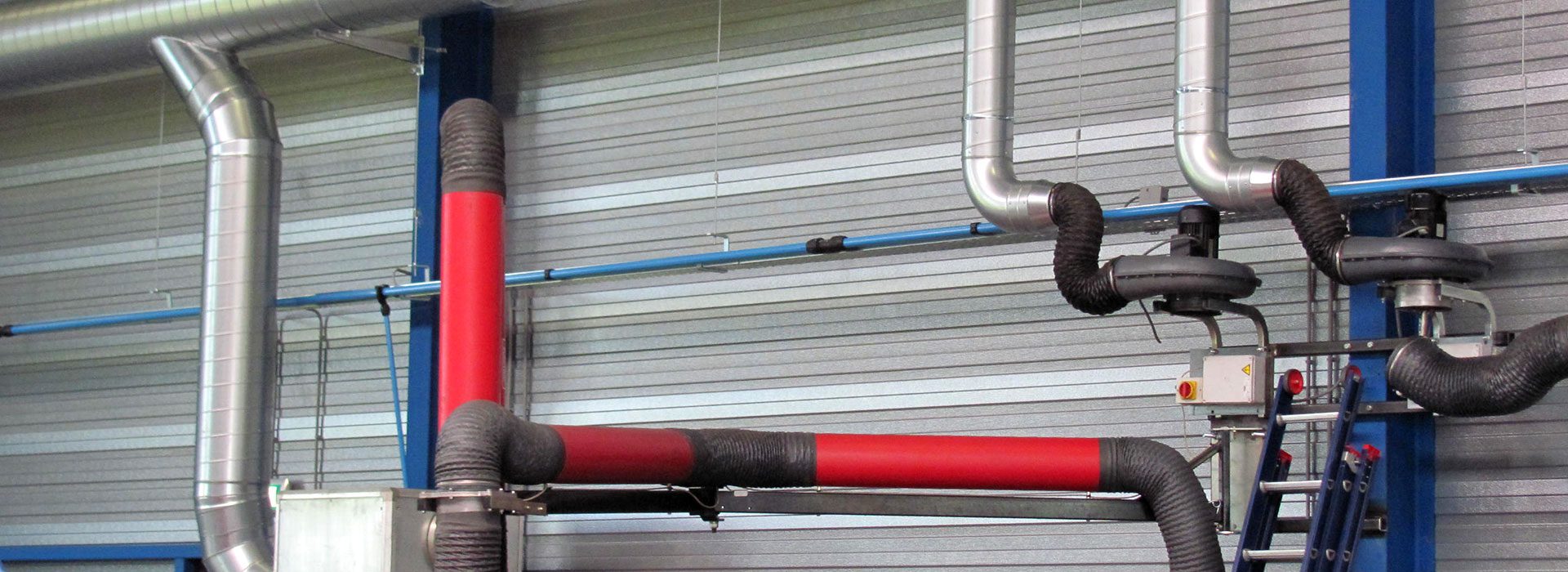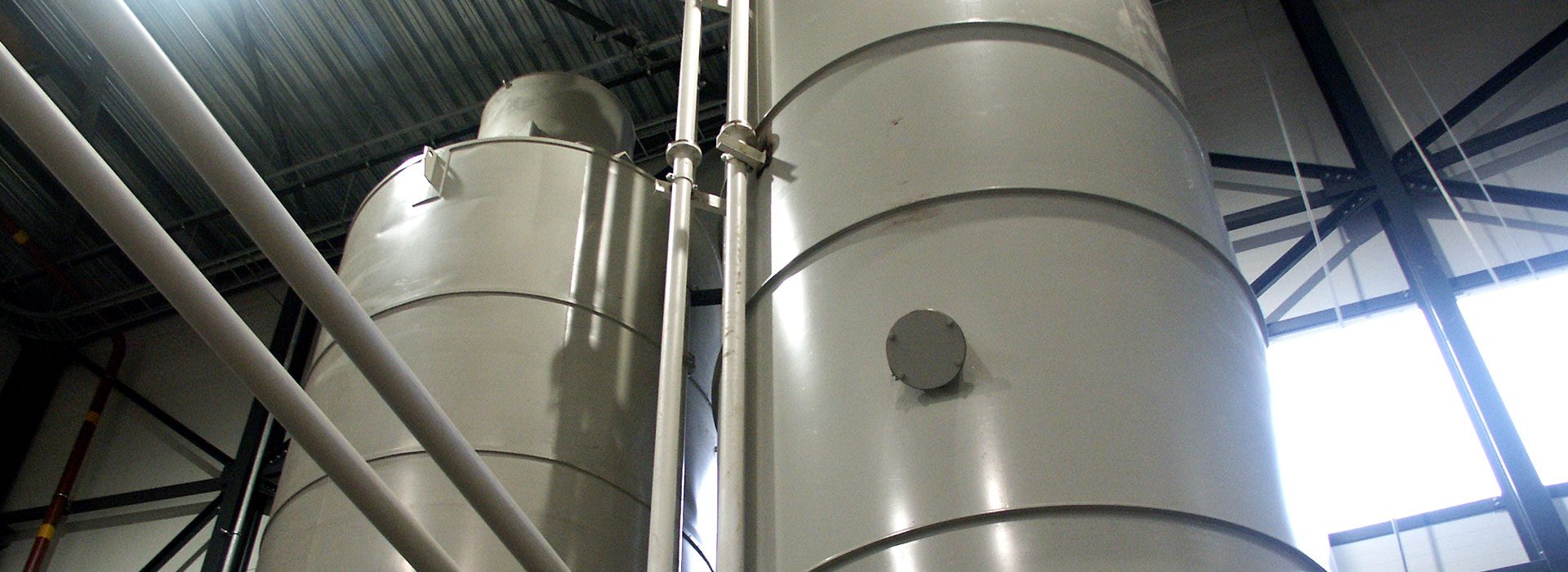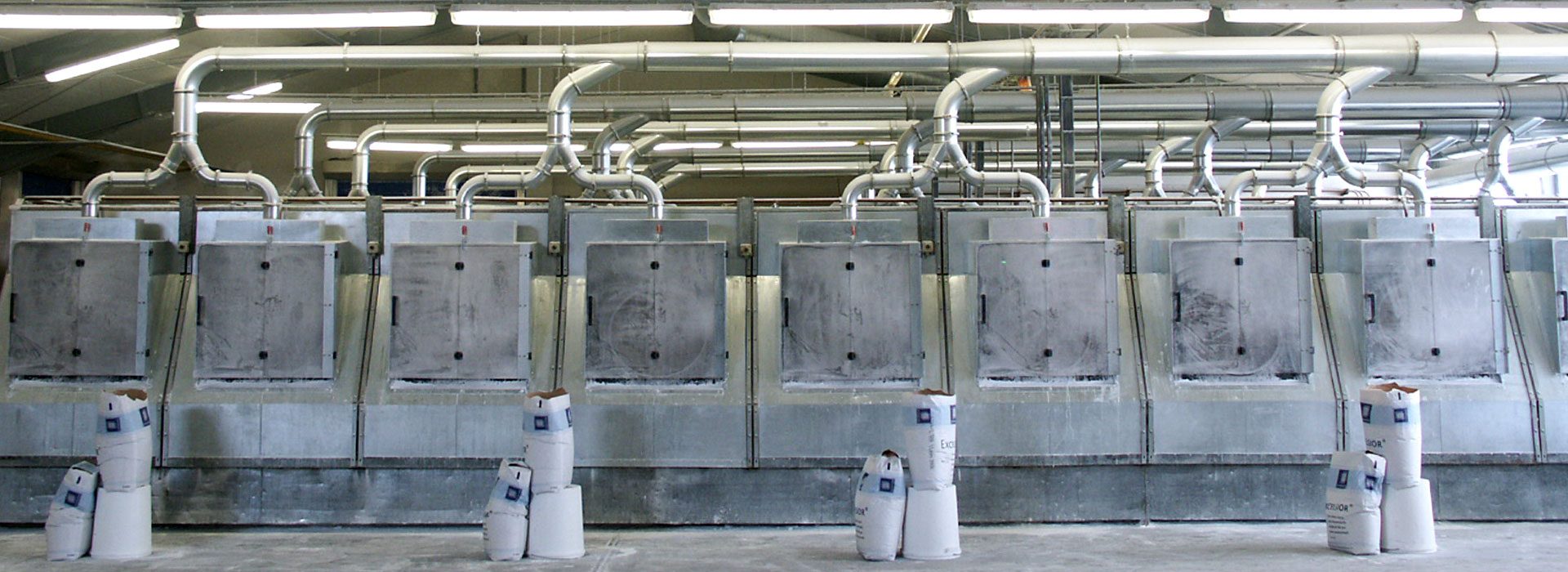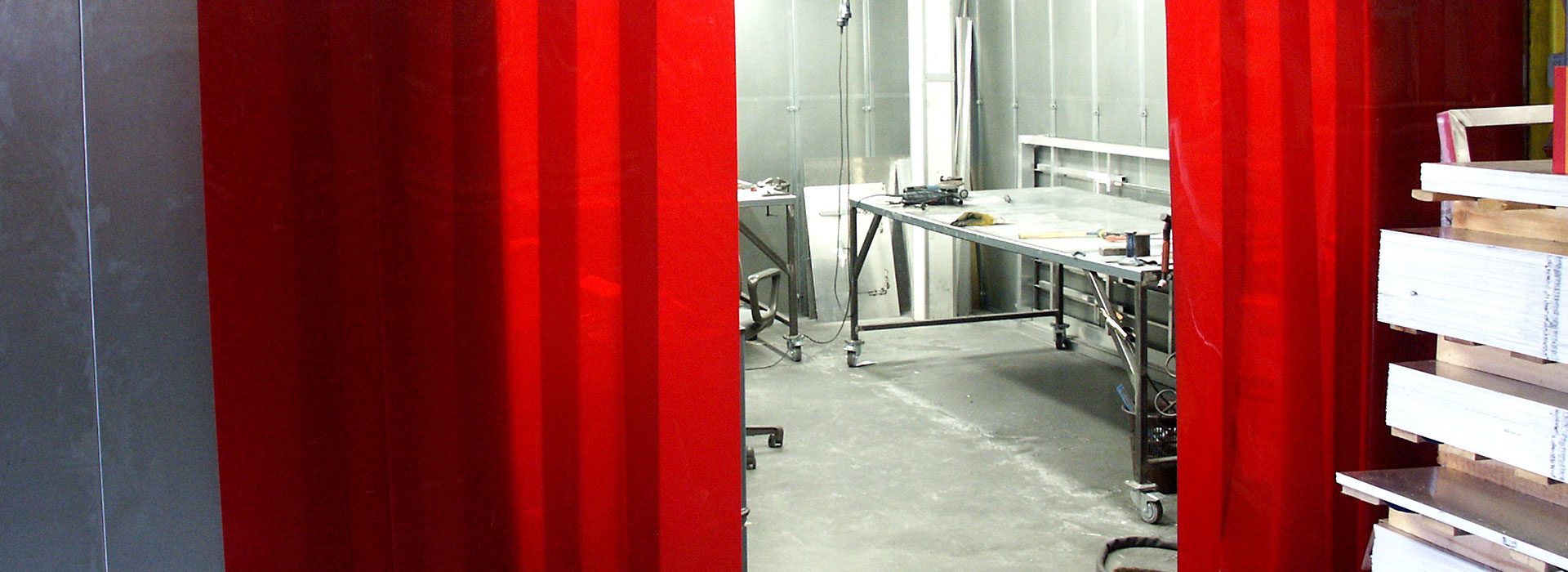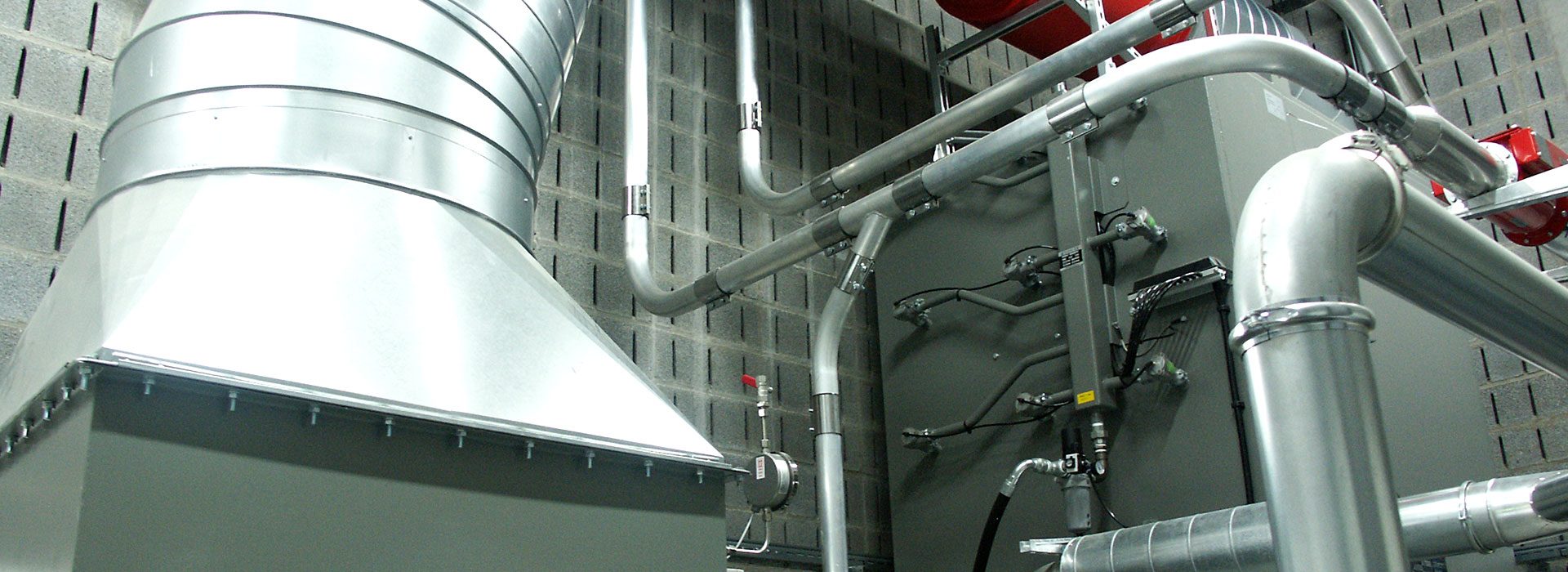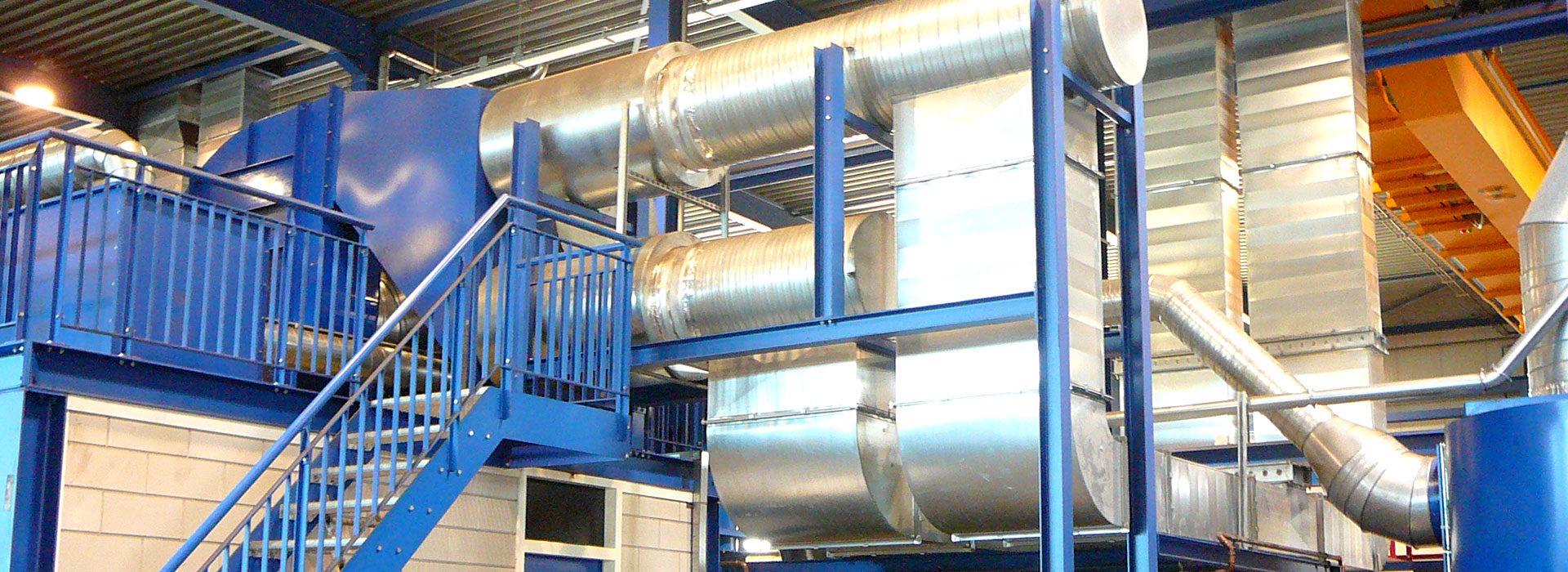Every year, more than 400 000 people in the EU die prematurely due to the consequences of air pollution: this is more than 10 times the toll of road traffic accidents. Another 6.5 million people fall sick as air pollution causes diseases such as strokes, asthma and bronchitis. Air pollution also harms our natural environment, impacting both vegetation and wildlife: almost two-thirds of Europe’s ecosystems are threatened by the effects of air pollution.
It is time to act to prevent further damage. Find out below how the European Commission proposes to address air pollution in Europe.
PRIMARY AIR POLLUTANTS
are directly emitted into the atmosphere e.g. from vehicle exhausts or chimneys:
- PM particulate matter (primary)
- SO2 sulphur dioxide
- NOx nitrogen (di)oxide
- NH3 ammonia
- VOC volatile organic compounds
- CH4 methane
SECONDARY AIR POLLUTANTS
are formed in the atmosphere through oxidation and reactions between primary air pollutants:
- PM particulate matter (primary)
- O3 ozone
IMPORTANT
Other air pollutants can also cause severe damage to human health and the environment. These include heavy metals (such as mercury, arsenic, lead, cadmium and nickel) and polycyclic aromatic hydrocarbons (such as benzoapyrene). The existing legislation has already helped to significantly reduce the emissions of these pollutants, resulting in a greatly reduced health risk.
Current EU and national anti-pollution laws and policies have done (and still do) much to reduce air pollution. Changes in our energy systems, such as the decline in the use of solid fuels like wood and coal, also help. The current trends, however, are not sufficient to safeguard human health and the environment. We have to take further action.
BENEFITS OF TAKING ACTION
The total cost to implement the Clean Air Policy Package is estimated at about €2.2 billion a year by the time we reach 2030. However, about €3.3 billion a year could be saved in direct costs otherwise caused by air pollution, plus a further €40 to €140 billion in indirect costs (for example, related to improvements in people’s health). This means that the expected benefits to society are more than 20 times the cost of implementing the legislation.
Source: http://ec.europa.eu/environment/air/cleaner_air/index.html




